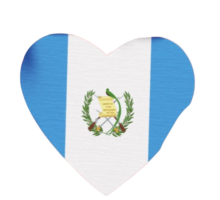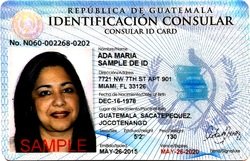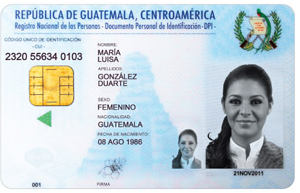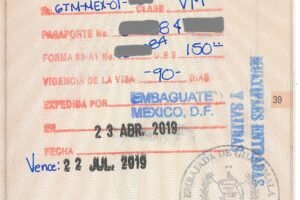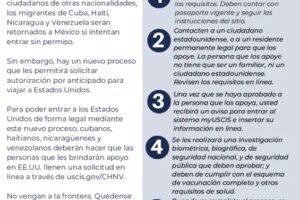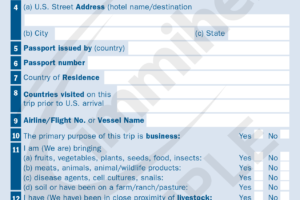How to Apostille Guatemalan Documents in the U.S.A.
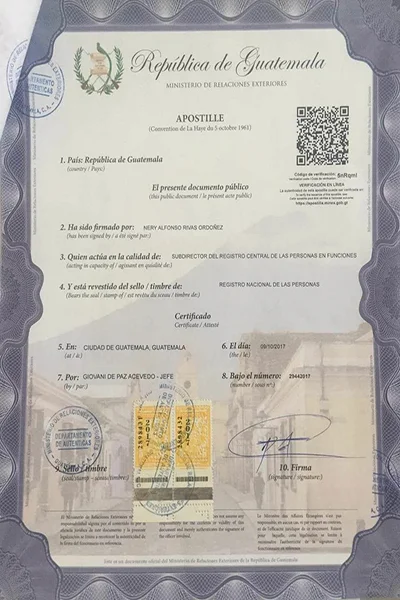
The apostille is an internationally recognized mechanism that validates the authenticity of the signature on public documents, allowing them to be accepted in countries party to the Hague Convention. If you are a Guatemalan residing in the USA. and you need to apostille documents to make them legally valid in Guatemala or vice versa, here we explain how to do it efficiently.
Apostille Eligible Documents
Public documents issued in Guatemala that commonly require an apostille include:
- Birth, marriage and death certificates.
- University degrees and academic diplomas.
- Notarial and administrative documents.
- Official certifications placed on private documents, such as signature authentications.
Apostille Process at the Guatemalan Consulate in the US.
To apostille your documents in the U.S., follow these steps:
- Identify your nearest Consulate: Locate the nearest Guatemalan Consulate to your location in the U.S. This will be your starting point.
- Schedule an Appointment: Schedule a consular appointment through the consulate website. This step is crucial to organize your visit.
- Prepare your Documents: Make sure you have all the original documents you require to apostille, along with additional copies if necessary.
- Authentication at the Consulate: During your appointment, your documents will be authenticated by a consular officer, including signature and official stamp.
- Payment of Fees: Pay the consular fees stipulated for the apostille service. Costs may vary depending on the document.
- Pick up or Delivery: Finally, you can pick up your apostilled documents directly at the consulate or, in some cases, opt for postal delivery.
Essential Apostille Requirements
To ensure a smooth process, keep the following requirements in mind:
- Original documents or certified copies, in good condition and legible.
- Civil Registry: Documents such as birth certificates must be registered in the RENAP.
- Notarial Validation: Notarial documents must be properly notarized and registered.
- Personal Identification: Present your DPI to verify your identity.
- Application Form: Complete any form required by the issuing entity.
- Consular fees: These vary according to the type of document and must be paid according to the consulate’s instructions.
The Apostille and the Hague Convention
The apostille is a key tool under the Hague Convention that significantly speeds up the legalization of documents at the international level.
This process eliminates the need for multiple certifications by local and foreign authorities, simplifying the validation of public documents between Convention member countries.
How does the Apostille work?
When a document is apostilled, a certification is attached to it that validates the authenticity of the document’s signatures and seals.
This certification is recognized by all member countries of the Hague Convention, which means that a document apostilled in any adhering country will be accepted in another without the need for any other form of legalization.
Benefits of the Hague Convention
- Simplification of Processes: Prior to the Hague Convention, legalizing a document for international use required a chain of certifications, including that of the Ministry of Foreign Affairs of the country of origin and the embassy or consulate of the country of destination. The apostille eliminates these intermediate steps.
- Time and Resource Savings: By reducing the process to a single certification, the apostille saves time and resources for both individuals and institutions.
- Legal Security: The apostille provides high legal security, ensuring the acceptance of documents in the international arena in an efficient and reliable manner.
- Universality: The widespread adoption of the Hague Convention means that documents such as birth certificates, marriages, deaths, academic diplomas and powers of attorney can be easily apostilled and recognized in multiple jurisdictions.
Application in Guatemala and the U.S.
In the case of Guatemala and the United States, both countries are signatories to the Hague Convention. This greatly facilitates the exchange and validation of documents between these two nations.
For example, a document apostilled in Guatemala will be automatically recognized in the United States for use in legal, educational, and administrative procedures, and vice versa, without the need to go to diplomatic representations to validate or legalize the document.
Apostille Birth Certificate
Apostille a birth certificate is an essential step to validate this document outside of Guatemala, especially if you are in the United States and need this document to be legally recognized. Here we guide you through the process to complete this procedure effectively.
Step 1: Schedule a Consular Appointment
The first step to apostille your birth certificate is to schedule an appointment at the Guatemalan consulate closest to your location in the United States.
This step is crucial, as it will ensure you a space to be attended by the consular staff and will expedite the apostille process.
Step 2: Gather the Necessary Documentation
To apostille your birth certificate, you must present:
- The original birth certificate or a certified copy issued by the National Registry of Persons (RENAP) of Guatemala. It is important that this document is in good condition and completely legible.
- Your Personal Identification Document (DPI) or valid Guatemalan passport. This will be necessary to verify your identity during the apostille process.
Step 3: Make Payment of Consular Fee
The apostille process involves a consular fee that must be paid at the time of processing. The cost may vary depending on the consulate and the type of document to be apostilled, so it is advisable to verify the exact amount before your appointment.
Be sure to bring the exact amount or know the methods of payment accepted by the consulate.
Important Tips:
- Verify the Information: Before apostille, make sure that all the information on the birth certificate is correct. Any error could complicate the use of the document abroad.
- See Specific Requirements: Each consulate may have slightly different requirements or additional steps. It is advisable to visit the consulate’s website or contact them directly for the most up-to-date information.
- Be prepared to wait: The apostille process can take time, from document verification to apostille placement. Plan your visit in advance to avoid setbacks.
Apostilling a birth certificate does not have to be complicated. By following these steps and preparing yourself properly, you can ensure that your document will be legally recognized in the United States or any other Hague Convention member country, facilitating educational, legal or any other procedures you may require.
Where to Apostille your Documents
Guatemalan Consulates in the U.S., such as those located in Providence, Los Angeles, Lake Worth and New York, are equipped to perform the apostille process. Be sure to contact the appropriate consulate for details on how to proceed.
Remember to always verify the most updated information directly with your Guatemalan consulate before starting your application.
